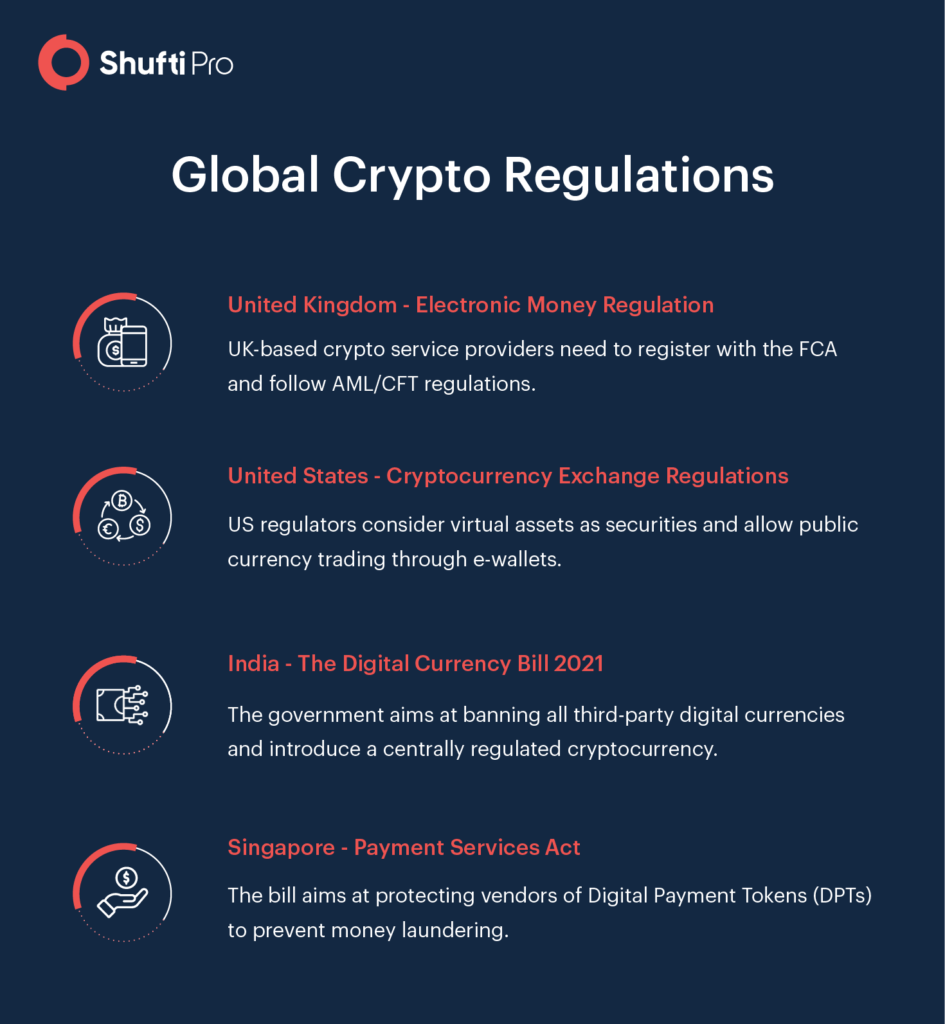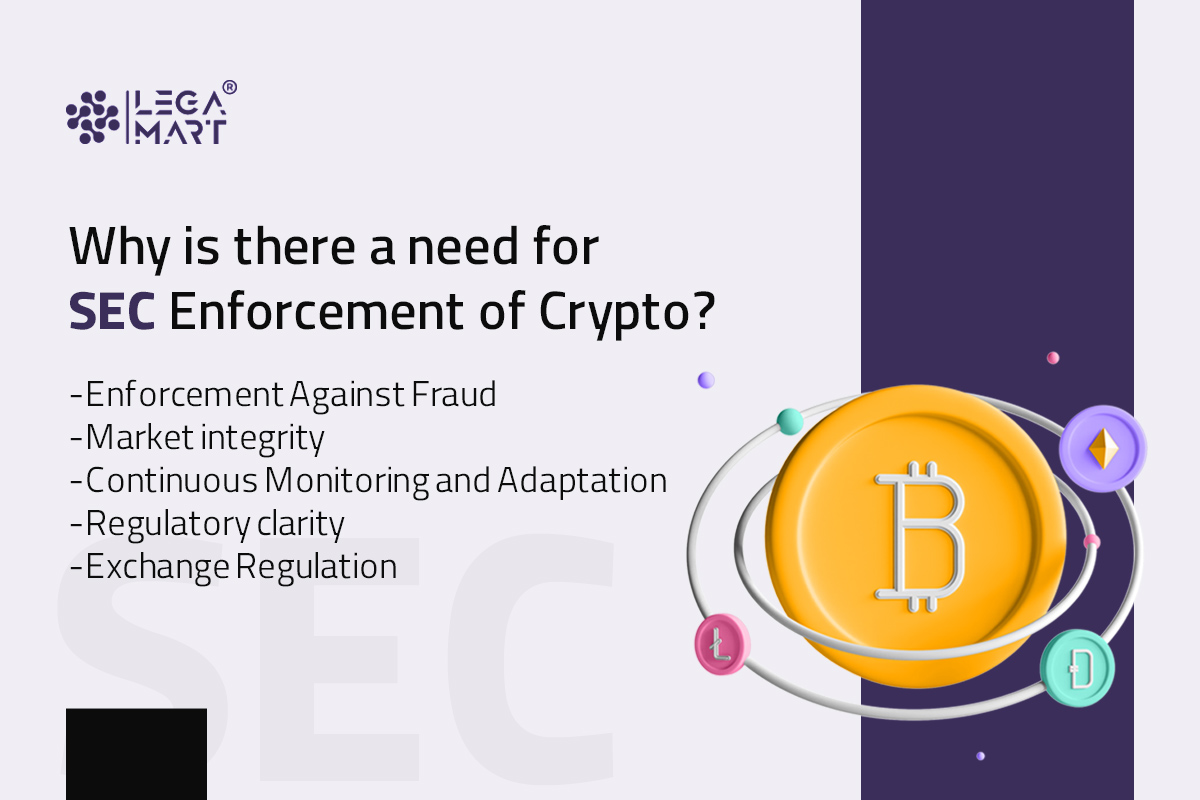Cryptocurrency regulation sec
Here at CoinMarketCap, we work very hard to ensure that all the relevant and up-to-date information about cryptocurrencies, coins and tokens can be located in one easily discoverable place slots empire. From the very first day, the goal was for the site to be the number one location online for crypto market data, and we work hard to empower our users with our unbiased and accurate information.
In January 2024 the SEC approved 11 exchange traded funds to invest in Bitcoin. There were already a number of Bitcoin ETFs available in other countries, but this change allowed them to be available to retail investors in the United States. This opens the way for a much wider range of investors to be able to add some exposure to cryptocurrency in their portfolios.
Welcome to CoinMarketCap.com! This site was founded in May 2013 by Brandon Chez to provide up-to-date cryptocurrency prices, charts and data about the emerging cryptocurrency markets. Since then, the world of blockchain and cryptocurrency has grown exponentially and we are very proud to have grown with it. We take our data very seriously and we do not change our data to fit any narrative: we stand for accurately, timely and unbiased information.
Our Crypto news provides comprehensive updates on various aspects of the cryptocurrency and blockchain ecosystem. It includes real-time price movements and market analysis for major cryptocurrencies like Bitcoin and Ethereum, detailing their performance trends and trading volumes. Regulatory developments are also highlighted, covering new laws, enforcement actions, and legal issues impacting the industry, both domestically and internationally. Additionally, news often focuses on technological advancements, such as upgrades to blockchain networks, new cryptocurrency launches, and innovations in decentralized finance (DeFi) and non-fungible tokens (NFTs). This coverage helps investors and enthusiasts stay informed about the dynamic and rapidly evolving world of digital assets.

Cryptocurrency prices
The Bitcoin market cap is currently 1,902.41 billion. We arrive at this figure by multiplying the price of 1 BTC and the circulating supply of Bitcoin. The Bitcoin price is currently $ 96,091 and its circulating supply is 19.80 million. If we multiply these two numbers, we arrive at a market cap of 1,902.41 billion.
The very first cryptocurrency was Bitcoin. Since it is open source, it is possible for other people to use the majority of the code, make a few changes and then launch their own separate currency. Many people have done exactly this. Some of these coins are very similar to Bitcoin, with just one or two amended features (such as Litecoin), while others are very different, with varying models of security, issuance and governance. However, they all share the same moniker — every coin issued after Bitcoin is considered to be an altcoin.
The total crypto market volume over the last 24 hours is $150.83B, which makes a 0.80% decrease. The total volume in DeFi is currently $12.89B, 8.54% of the total crypto market 24-hour volume. The volume of all stable coins is now $141.94B, which is 94.10% of the total crypto market 24-hour volume.
Almost. We have a process that we use to verify assets. Once verified, we create a coin description page like this. The world of crypto now contains many coins and tokens that we feel unable to verify. In those situations, our Dexscan product lists them automatically by taking on-chain data for newly created smart contracts. We do not cover every chain, but at the time of writing we track the top 70 crypto chains, which means that we list more than 97% of all tokens.
ICO stands for Initial Coin Offering and refers to a method of raising capital for cryptocurrency and blockchain-related projects. Typically, a project will create a token and present their idea in a whitepaper. The project will then offer the tokens for sale to raise the capital necessary for funding development. Even though there have been many successful ICOs to date, investors need to be very careful if they are interested in purchasing tokens in an ICO. ICOs are largely unregulated, and very risky.
Cryptocurrency regulation sec
In its 177-page response to the suit, lawyers for the exchange went through each of 13 tokens cited, disagreeing with the SEC’s claims that they were “crypto asset securities” because buyers in secondary trading had no expectations that profit would be derived from efforts of the issuers.
This question has played out as a debate within the commission. However, Gurbir S. Grewal, the head of the SEC’s Division of Enforcement, has argued that new regulations are redundant and would immediately face challenges as overstepping by the very crypto firms clamoring for more “guidance” in this area.
Cary Coglianese, professor at the University of Pennsylvania Carey Law School, said he agreed with other legal analysts that Roper and Jarkesy (also June 2024) radically shift the ground beneath the SEC’s foundations—perhaps bringing down much of what it does. In the latter ruling, the majority held that cases involving civil penalties for fraud must be brought in federal court, where defendants have the right to a jury trial—many SEC cases involving crypto are paired with accusations of fraud. The court’s majority opinion in Jarkesy is thus bound to reshape the SEC’s enforcement strategies, potentially impacting the efficacy and scope of its actions against crypto firms.
The crypto space is rife with cutting-edge legal cases, and advisors have a fiduciary duty to act in their client’s best interests, which means taking all reasonable steps to protect them from financial harm and legal problems. Educating clients about regulatory risks can help them avoid crypto practices that turn out to be scams, frauds, or market manipulation. Gary Gensler, the SEC chair, hasn’t minced words about the problem, saying in 2024 that “the whole field is rife with abuses and fraud.”

In its 177-page response to the suit, lawyers for the exchange went through each of 13 tokens cited, disagreeing with the SEC’s claims that they were “crypto asset securities” because buyers in secondary trading had no expectations that profit would be derived from efforts of the issuers.
This question has played out as a debate within the commission. However, Gurbir S. Grewal, the head of the SEC’s Division of Enforcement, has argued that new regulations are redundant and would immediately face challenges as overstepping by the very crypto firms clamoring for more “guidance” in this area.
Cryptocurrency
Tip: Cryptoassets are very different from mainstream financial assets. This could make them a good option for investors looking to diversify their portfolio, although be sure to research any potential investments before committing capital to a trade.
Leverage may be available when trading crypto, although this will ultimately depend on where you live. Some regulators, such as the FCA, have banned the use of CFDs and leverage when trading crypto, while other regulators are currently working on similar controls.
Cryptocurrencies such as Bitcoin feature an algorithm that adjusts the mining difficulty depending on how much computing power is being used to mine it. In other words – as more and more people and businesses start mining Bitcoin, mining Bitcoin becomes more difficult and resource-intensive. This feature is implemented so that the Bitcoin block time remains close to its 10 minute target and the supply of BTC follows a predictable curve.
Some investors buy crypto because they believe it will receive more mainstream acceptance and adoption in the future. Bitcoin was launched in 2009 as a response to the financial crisis and amid concerns about the reliability of the mainstream banking sector.
Tokens, on the other hand, are crypto assets that have been issued on top of other blockchain networks. The most popular platform for issuing tokens is Ethereum, and examples of Ethereum-based tokens are MKR, UNI and YFI. Even though you can freely transact with these tokens, you cannot use them to pay Ethereum transaction fees.